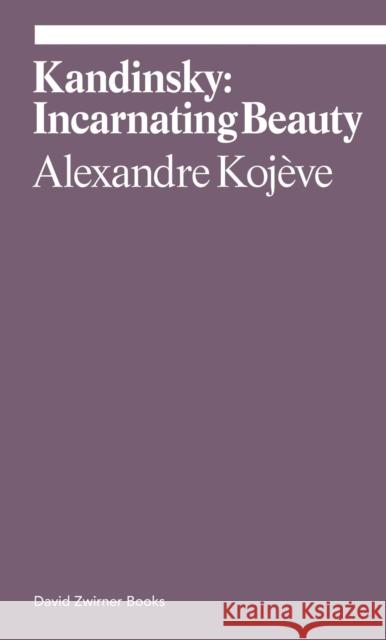Kandinsky: Incarnating Beauty » książka
topmenu
Kandinsky: Incarnating Beauty
ISBN-13: 9781644230817 / Angielski / Miękka / 2022 / 80 str.
Kategorie:
Kategorie BISAC:
Wydawca:
David Zwirner
Język:
Angielski
ISBN-13:
9781644230817
Rok wydania:
2022
Ilość stron:
80
Waga:
0.04 kg
Wymiary:
17.78 x 10.79 x 0.51
Oprawa:
Miękka
Wolumenów:
01
Dodatkowe informacje:
Wydanie ilustrowane











